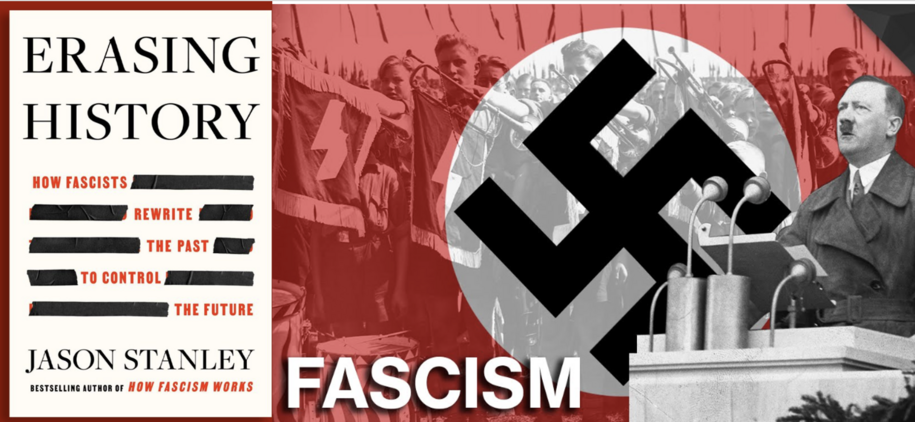Summary of “Erasing History: How Fascists Rewrite the Past to Control the Future” by Jason Stanley
In “Erasing History,” Jason Stanley critiques the historical narratives promoted by the Trump 2.0 administration, arguing that authoritarian regimes, including contemporary U.S. examples, seek to erase or distort history to consolidate power. A former Yale professor now at the University of Toronto, Stanley draws from his earlier works on propaganda and fascism to emphasize that acknowledging multiple perspectives is essential for a functioning democracy, contrasting starkly with the single, sanitized narratives favored by autocrats.
Stanley highlights the vital role of social studies educators in promoting understanding and dialogue about history, necessary for the protection of democracy. He observes that authoritarian regimes, including those led by figures like Vladimir Putin, recognize the threat posed by educators who encourage critical thinking. Consequently, these regimes often implement curricula that downplay or eliminate historical struggles for change, like the Tiananmen Square protests or the Black Lives Matter movement.
The book discusses how education systems are weaponized against democratic ideals through revisions of textbooks and curricula, aimed at inculcating obedience. Stanley cites examples from nations like Russia and Hungary, where assaults on academic freedom are prevalent, drawing parallels to the current situation in the U.S.
Chapters cover topics from the formation of autocracies to the manipulation of education. Stanley critiques historical narratives that celebrate a sanitized version of American history while erasing the injustices faced by indigenous populations and enslaved people. He argues that reclaiming history is crucial for countering rising authoritarianism and urges educators to foster critical examination of the past.
By advocating for historical awareness, Stanley posits that teachers play a key role in shaping a democratic future. Congressman Jamie Raskin endorses Stanley’s view, emphasizing that understanding historical truths can combat illiberal and undemocratic ideologies. The book serves as a critical resource for educators concerned about the implications of current political trends on democracy.



